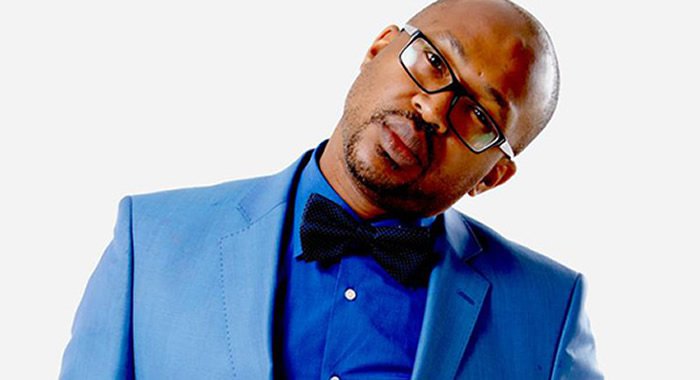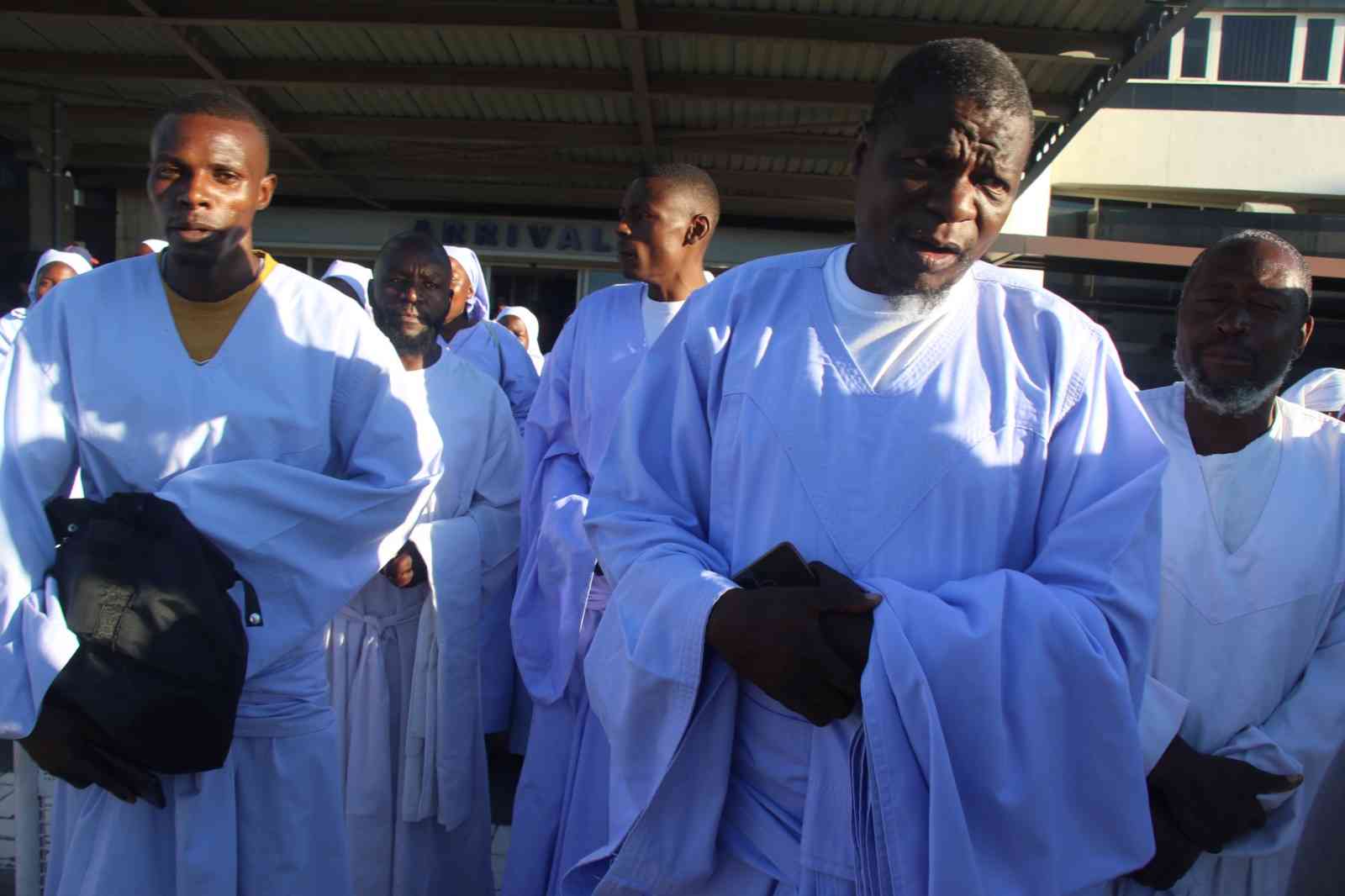
THE country’s most-sought-after master of jest, Carl Joshua Ncube, has set his eyes on enlivening local comedy with the launch of the Carl Joshua Ncube’s Pop Up Comedy club in Harare, Bulawayo and Victoria Falls.
The ambitious comedian-cum-businessman claims he has been researching the best model for growing stand-up comedy from an international perspective without having to necessarily leave Zimbabwe.
Interestingly, Ncube is taking this new comedy club initiative on the backdrop of another unsuccessful comedy club that was initiated by another renowned local comedian Doc Vikela, but failed to last beyond three months.
This is not the first time the award-winning Ncube has set to take comedy to a bigger platform. Last year he announced that he would be establishing a world-class venue, the Vic Falls Comedy Dome, in the resort town.
Ncube said he was inspired to pursue the idea after having performed at similar venues such as the Cape Town Comedy Club, Jo’burg International Comedy Festival and Comedy Central International.
The Standard Style’s reporter Winstone Antonio (WA) caught up with Ncube (CN), who has represented Zimbabwe at several international platforms for an update on the proposed projects and other related issues. Below are excerpts from the interview.
WA: You have set your eyes at establishing the Carl Joshua Ncube Pop Up Comedy Club. What exactly is the point to it?
CN: A pop up comedy club is a simulation over a period of time of what having comedy clubs looks like in Zimbabwe. As you know, Africa only has five dedicated comedy clubs and all the five are in South Africa. This is the reason the South African comedy circuit is growing and continues to nurture more talent and attract international stand-up comedy shows.
- Chamisa under fire over US$120K donation
- Mavhunga puts DeMbare into Chibuku quarterfinals
- Pension funds bet on Cabora Bassa oilfields
- Councils defy govt fire tender directive
Keep Reading
Comedians are attracted to comedy clubs because it is like a gym for comedians as they get to try out material and grow their comedy and fan base in a more intimate setting. We hope that the audience will be able to demonstrate an appetite for comedy by actually coming out for the shows or else it will only prove Zimbabwe is not ready for a comedy club or regular comedy. This simulation is designed to convince investors, brands and comedians which cities could do with a comedy club, so we encourage the public to do the following.
WA: How are you going to sustain it, taking into cognisance that a number of comedy clubs in Zimbabwe have collapsed?
CN: This project is a feasibility study and almost a thesis to find out what kind of appetite for stand-up comedy is out there. It is also a content creation and initiative to build stand-up comedy in Zimbabwe by having a platform that is more within my control as I will be in Zimbabwe for 30 days.
WA: Last year you announced that you would establish the Vic Falls Comedy Dome in the resort town. How far have you gone with that project?
CN: The project only raised $400, so I guess we could not get people to support it.
WA: You broke the world record of the longest stretch of performances before paying audiences in one week after you staged 31 shows, beating the previous record of 30 shows set by Mark Murphy of Australia. After that you said your team was compiling evidence that would be submitted to the Guinness Book of World Records. What is the latest position regarding the issue?
CM: The requirements for Guinness disqualified our attempt as the following issues had not been met. Tickets were not sold on a ticketing platform, shows were not done in comedy clubs and the press did not do reviews of the shows. I have talked about it because it is both discouraging for me and a chapter I would personally like to forget.
I am, however, comforted by the fact that I actually performed more shows than the current Guinness Book of World Records holder, a feat that my colleagues and performers hold in very high esteem.
WA: You once said you have developed a system to curb piracy following your week-long anti-piracy protest that you carried out in Harare sometime in 2010. How is the system operating?
CN: My entire career is a reflection of my findings on piracy. I have found a way of building a very viable career that is not actually affected by piracy in any way. My teachings are available on my LinkedIn account for artists that may want to adopt my methods of getting good, getting seen and getting paid.
WA: You have been globe-trotting since the beginning of the year, how have been your shows?
CN: It has been so amazing being on tour, the countries we have been to. Sold out shows, great reception, huge profile gigs and even more incredible deals sealed for the future of my comedy. I am in one of my golden periods certainly.
WA: Can you say you have achieved what you intended to achieve as a comedian?
CN: I have certainly given myself much more exposure on the right platforms. I joke about having comedian friends in Nigeria, India and China, which is a whole bunch of people. The reason I say this is because I am now in a position to create great alliances with comedians with greater reach. I have met comedy producers who are interested in my take and interpretation of Africa and I am moving closer to my dream of having my own platforms where I can curate stand-up comedy for the international market. WA: What has been the guiding philosophy in your career?
CN: I think I have decided to take all the energy I was using in Zimbabwe to see what that energy would produce internationally. In Zimbabwe things are so much harder to do, but that is not to say it has not been the right training ground. I feel for now the more growth I have internationally, the more effective a voice I can be in the local arts fraternity.
WA: Your word of advice to aspiring comedians?
CN: Zimbabwe is also part of the world; don’t confine yourself to your village, advertise it to the world as well.











